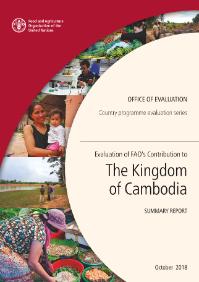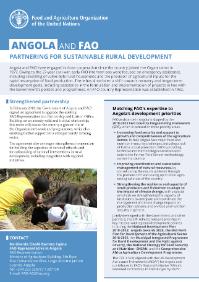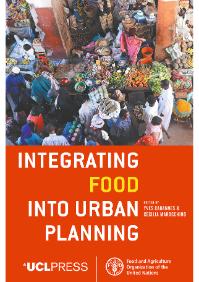Production risks, risk preference and contract farming: Impact on food security in India
This article reviews the literature on contract farming (CF) in India and assesses the impact of smallholders’ perceived production risks on the adoption of CF; the impact of CF on smallholders’ food security; and its impact on employment generation in their farming enterprises. We also show the impact of the outcome variables by risk preference of smallholders. Using farm-level data and endogenous switching regression methods, this study presents three key findings.








